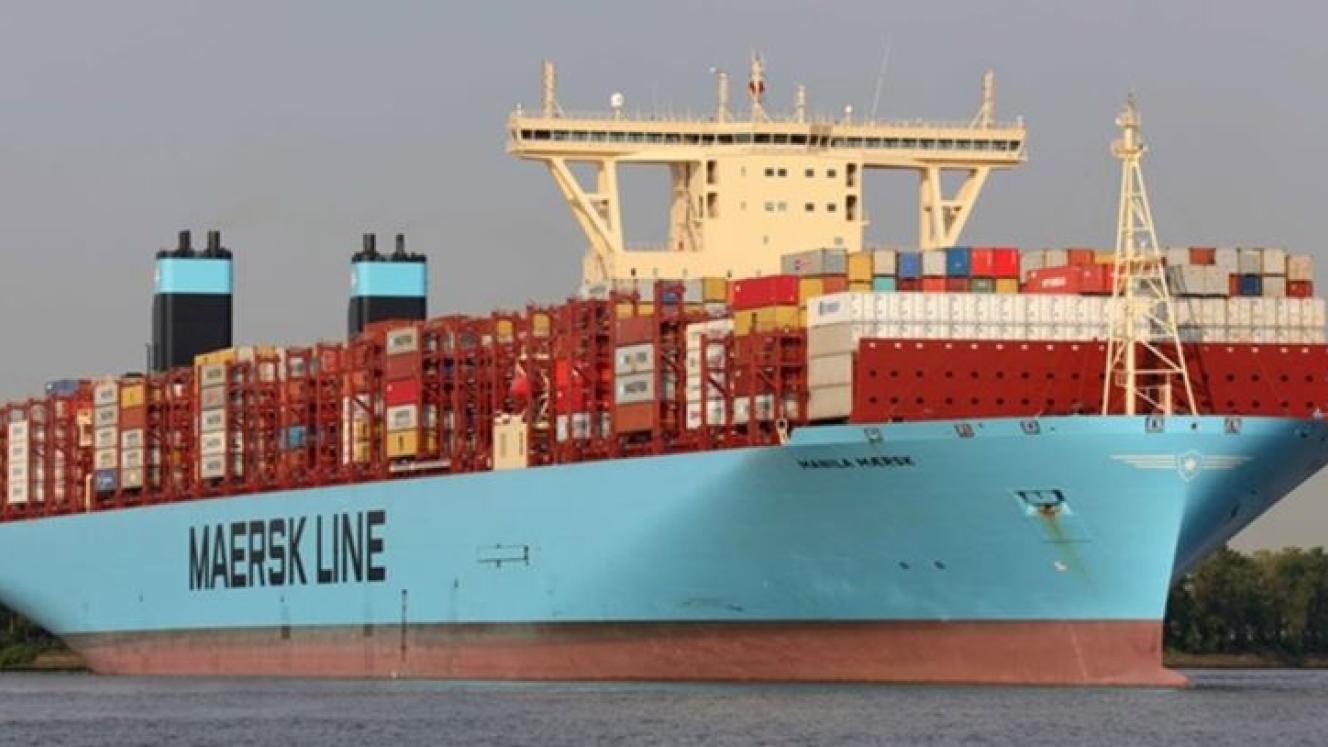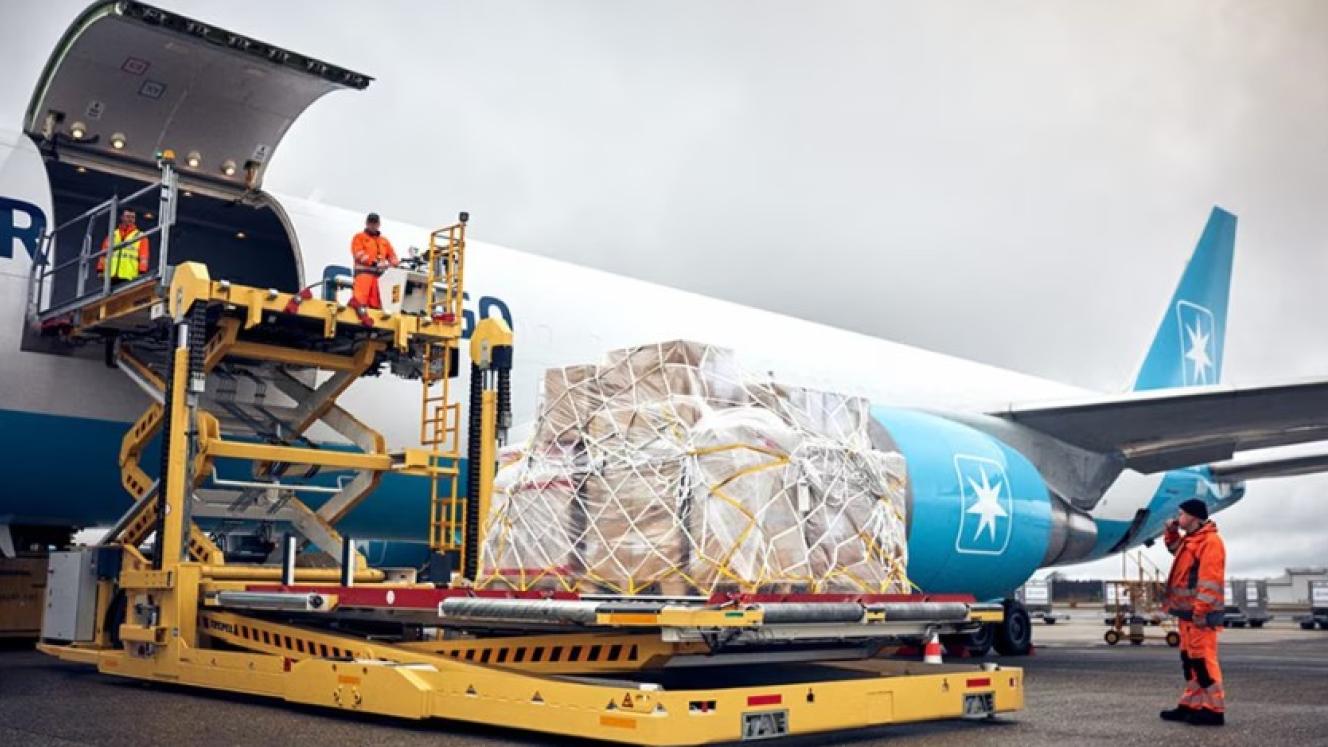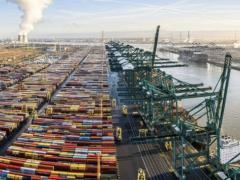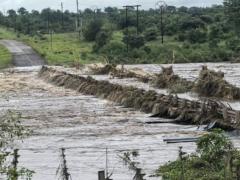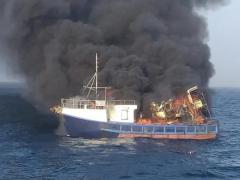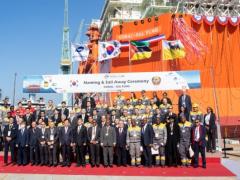In a move to assist global research efforts on weather patterns and climate change, Maersk is committing a further 300 company-owned vessels that will participate in the global Voluntary Observing Ship (VOS) programme.
The recorded data helps meteorologists create more accurate weather and storm forecasts - and will also be used in the creation of atmosphere ocean models that will help scientists better understand climate change.
While scientists have been collecting and sharing weather and ocean condition observations for over 150 years around the world, technological advances have significantly increased the amount of information that can be shared.
A typical VOS records and transmits observations manually, with a vessel crewmember reading data from instruments onboard the ship, or in some cases through automated weather stations (AWS). The data is then sent to the various National Meteorological Services for use in weather prediction models and to monitor actual conditions at sea.
While over 3000 ships are involved in the VOS programme, overall participation has declined in recent years due to the reduction in the global commercial fleet’s financial and crew resources. New technologies such as AWS and electronic logbooks, however, have led to an increase in the quantity and quality of observations from each
